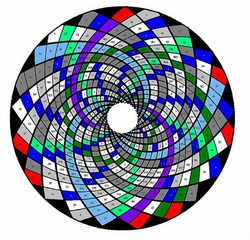The ultimate primes
 What is the 27th value of
such that
is a prime number?
What is the 27th value of
such that
is a prime number?
The answer is 850.
This section requires Javascript.
You are seeing this because something didn't load right. We suggest you, (a) try
refreshing the page, (b) enabling javascript if it is disabled on your browser and,
finally, (c)
loading the
non-javascript version of this page
. We're sorry about the hassle.
Using Miller–Rabin primality test in conjunction with sieve we can efficiently find the value of n .